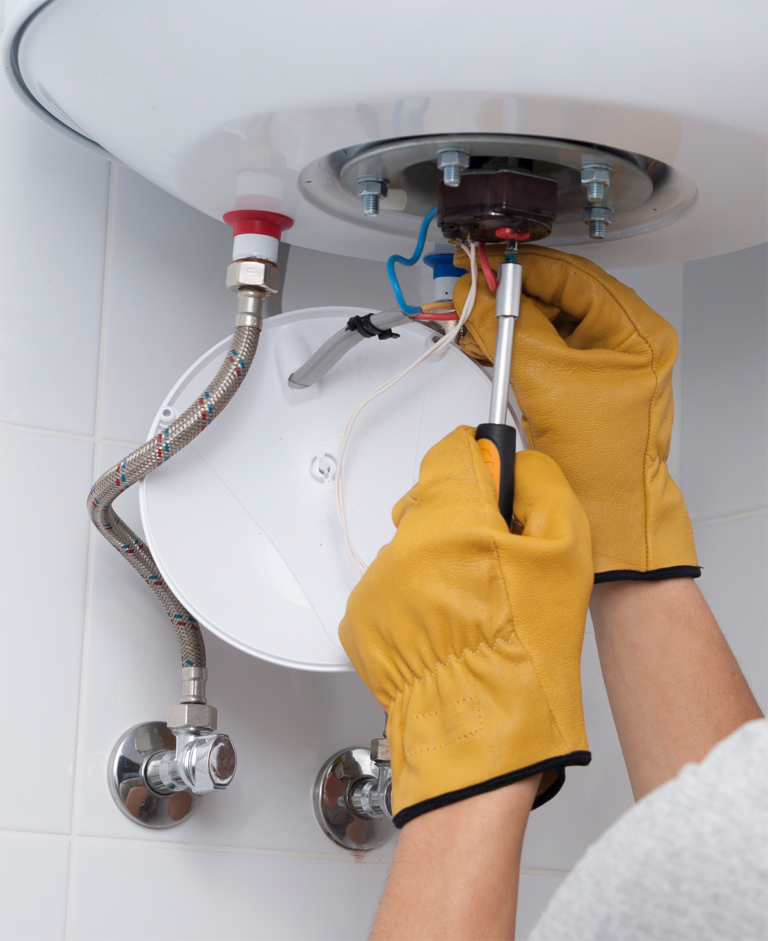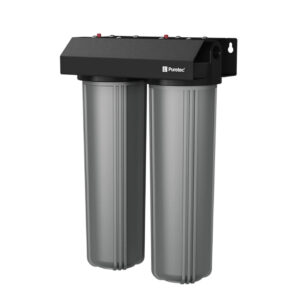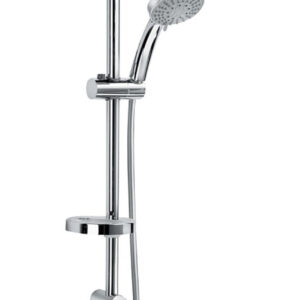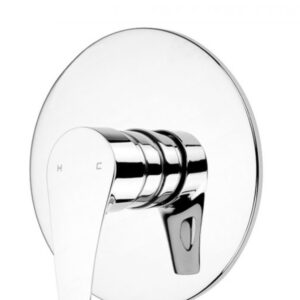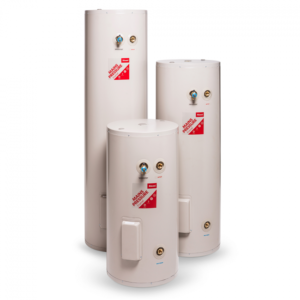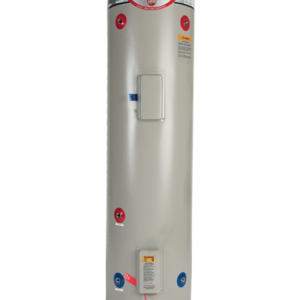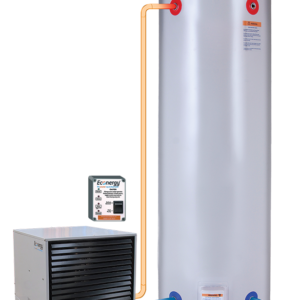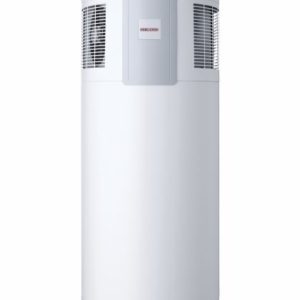Avoid the Surprise - Get Your Hot Water Cylinder Check Today from the Hot Water Shop!
Life Expectancy of Hot Water Cylinders Drastically Reduced in Christchurch!
Between June 2018 and September 2018, it was reported that over 2,000 copper hot water cylinders all failed under unusual circumstances and had to be replaced in the Christchurch region. With all the failures linked to abnormal faults, an investigation was launched by Superheat to find the cause of the growing problem with the city’s water.
Pitting corrosion was quickly discovered across copper hot water cylinders, all from different manufacturers, with a build-up of chlorine being found present in all of the pitts that lead to the leaks – which caused the failures. While pitting corrosions of hot water cylinders and domestic water pipes are quite common and difficult to predict, after studying the prematurely failing copper cylinders in question, the engineers taking the investigation were able to conclude that the failures were due to an excess of chlorine not previously found in Christchurch water.
The Superheat study took 4 hot water cylinders that had failed from the area and had them methodically examined, the findings listed below
- Each cylinder failed due to leaks caused by pitting erosion;
- Each cylinder had multiple corrosion pits;
- The pits are wide or hemispherical, or wider than they are deep, surrounded by corrosion products;
- No differences in pitting behaviour was found between any of the four cylinders;
- The pitting most often occurred in regions with the locations of largest sediment deposits;
- EDS analysis detected chlorine in the corrosion products of all pitting sites;
- Chlorine was not detected on surfaces at locations other than pits;
- EDS analysis showed the precenceof iron-oxide in corrosion produces in all eight sites, which can be seen as an orange/brown substance in stereo-optical microscopy images.
